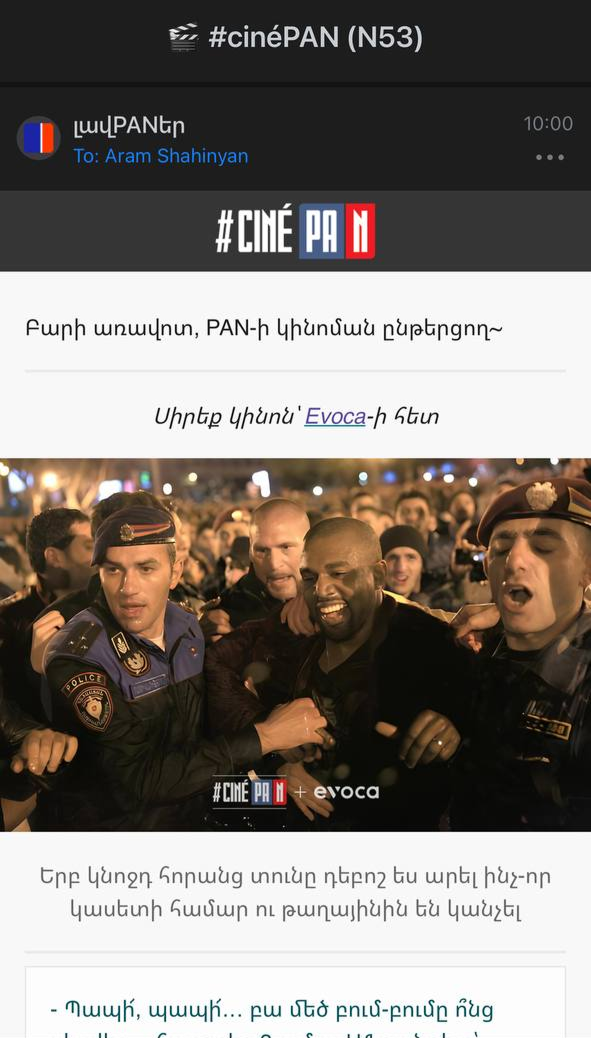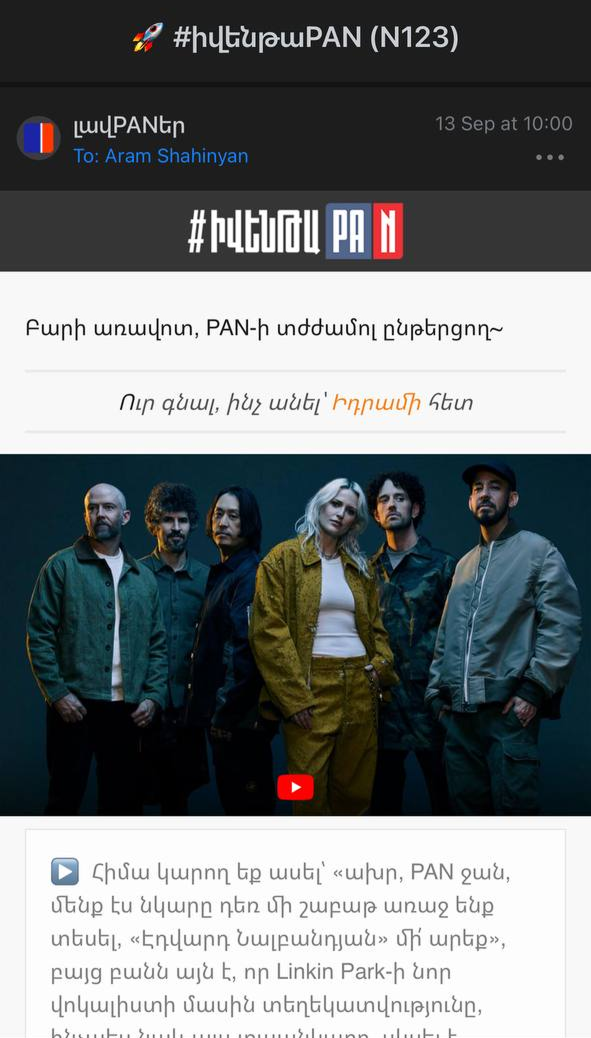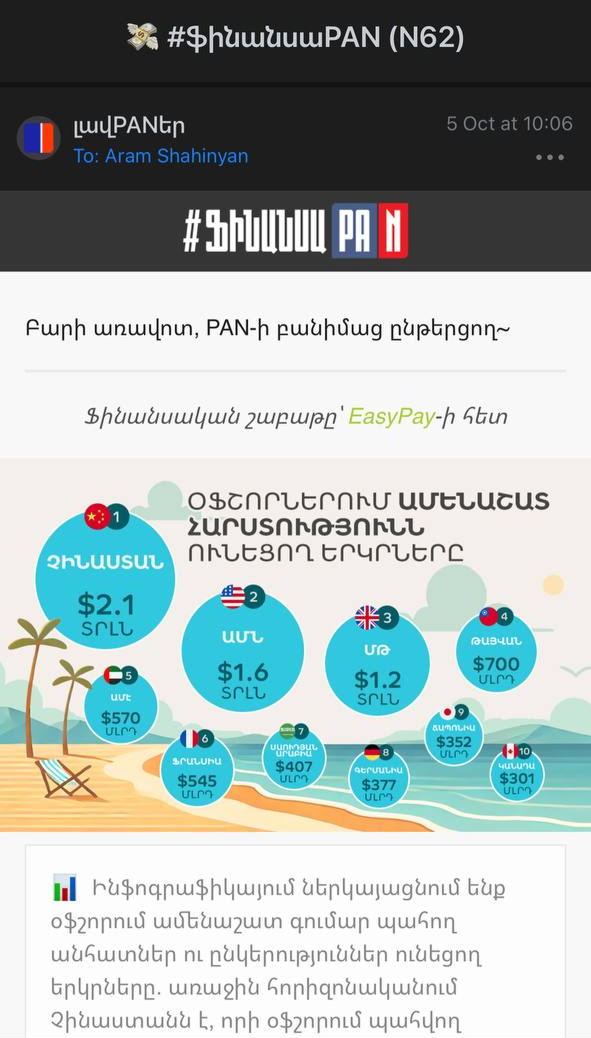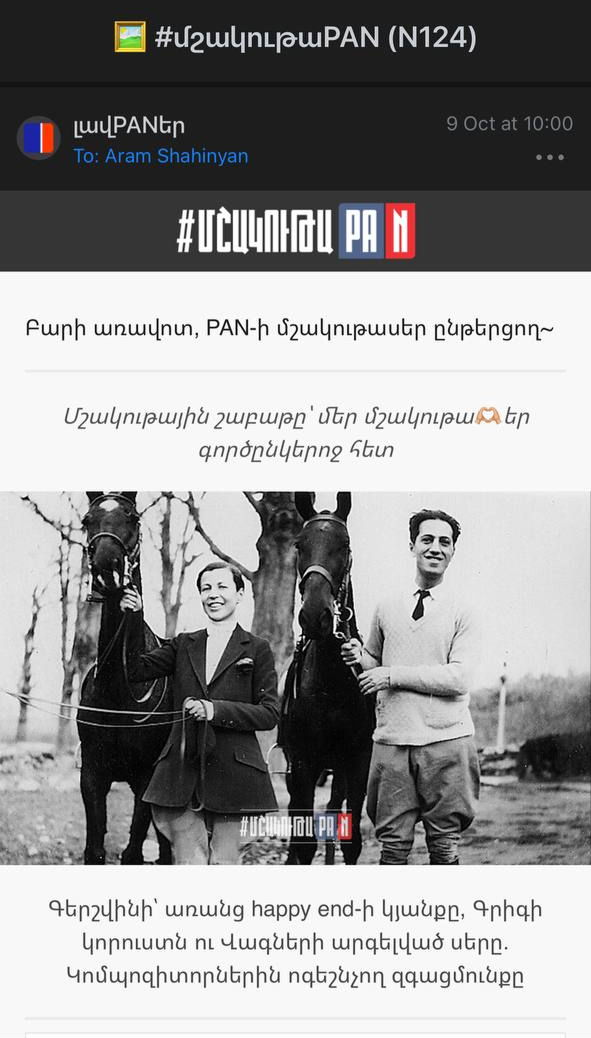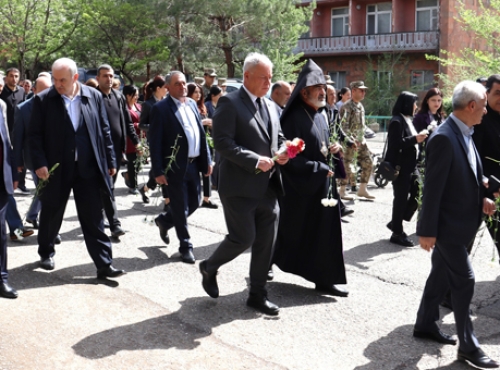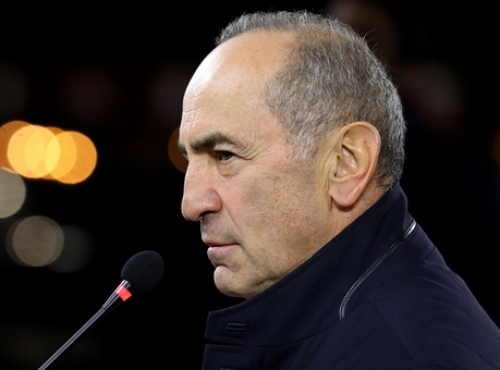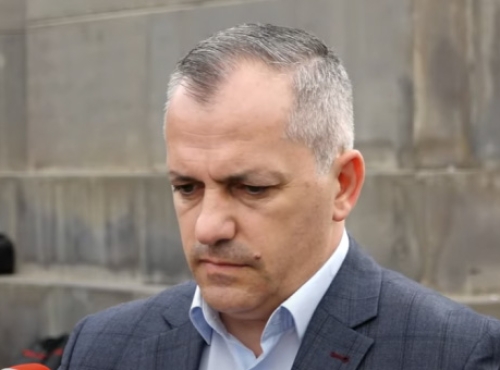The last circumstance was used by their rivals as a pivot of their dirty propaganda campaign aiming at discrediting the oppositionist figures. While Sahakashvili held his electoral campaign under the slogan «Tbilisi without Shevardnadze», then ideologists of «the black PR» conducted against him had the slogan «power without Armenians». It should be noted that Shevardnadze himself did not support the discourteous methods of struggle against his opponents. Commenting on the reports about Armenian origins of Zurab Zhvania and Mikhail Sahakashvili, he stated he was not at all interested in their ethnic background. According to the President, it is important for them «to work for the welfare of Georgia with Georgian zeal».
It is noteworthy that the hysteria roused around the Armenian origins of possibly the most popular politicians of Georgia was actively supported by Baku. Picking up the chauvinistic statements made in Tbilisi, the Azeri propaganda facilities went much further in spreading the myth on «the Armenian plot against the Georgian statehood». The forgery that Zhvania and Akhalkalaki administration head Melik Raisian were allegedly relatives arose from unknown sources. Baku newspapers accused the latter that exactly he was allegedly the link connecting the ideologists of «the Armenian plot» with their «Tbilisi emissary». For some reason Baku newspapers call Zhvania as Zurab Sarkis Antonian, although it is known that he is a true-born Georgian as his father is a true-born Georgian. According to the version, purposely spread by the Baku special services, Sahakashvili is also concerned with Yerevan. The basis for arriving at such conclusions is rather strange – he depreciatingly calls the Azeris residing in Georgia as Tatars.
The politicians, who had become victims of the dirty bustle, are trying not to respond to the accusations brought against them. Neither Zhvania, nor Sahakashvili were enough courageous to say: “Yes, I have some percent of Armenian blood. What then? Can it be a compromising circumstance for a person in a democratic country, which we believe Georgia to be?” Unfortunately, one really needs much courage to say such words in contemporary Georgia, and it is difficult to dare it.
It should be added that both Zhvania and Sahakashvili are not popular with the Armenian community. Neither Tbilisi, nor Javakhk Armenians consider these Georgian politicians as theirs.









